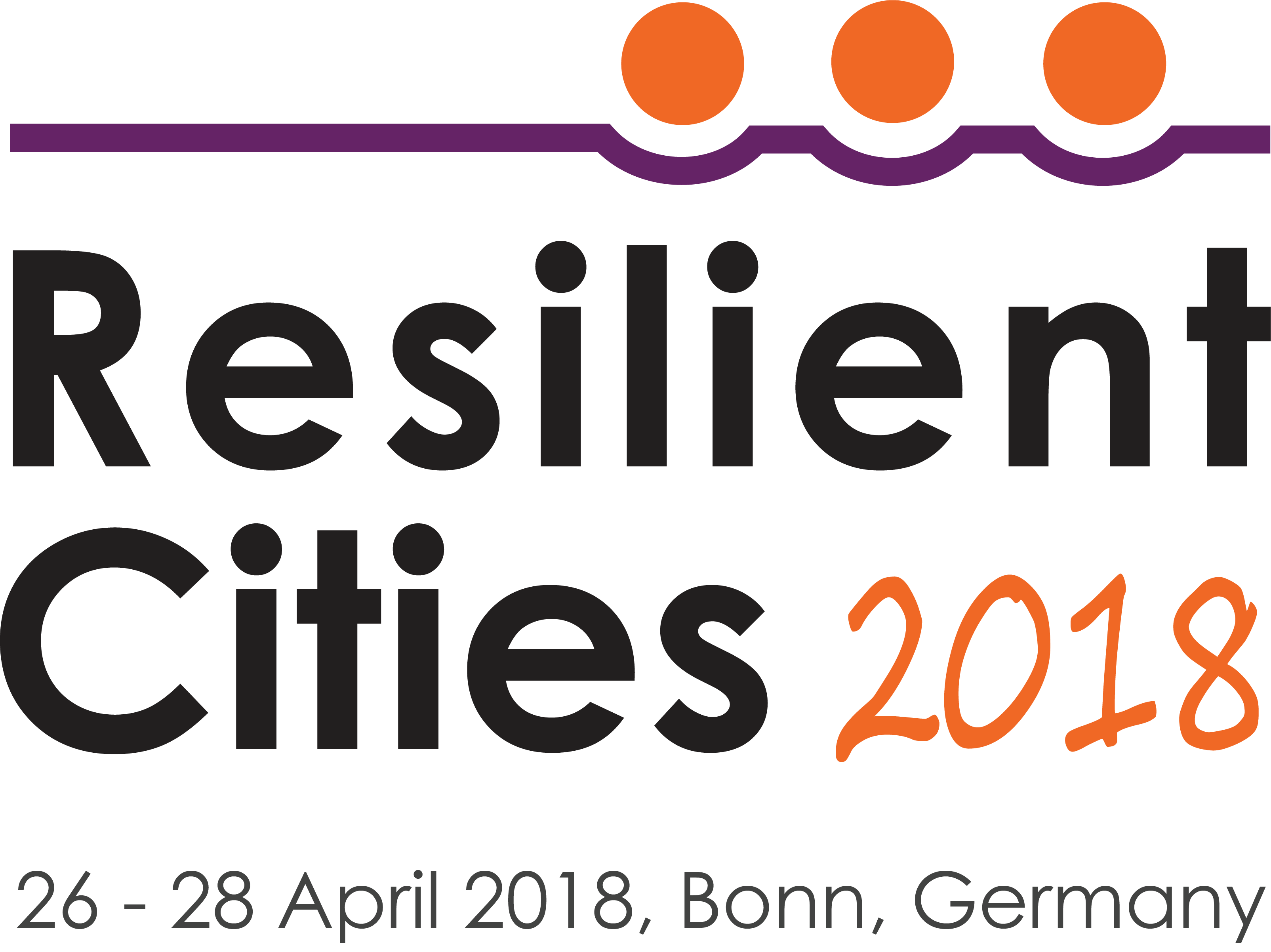Program highlights
Thematic Streams
Digitalization & Resilience
The congress contributions critically examine key topics such as data security and the resilience of critical infrastructure in an increasingly connected cityscape with state-of-the-art contributions from city leaders, private sector partners, and civil society stakeholders.
On the front line of Climate Change: Cities & Small Island Developing States
This session aims to give the early adopters of the Front-Line initiative an opportunity to present some of their initial experience and thinking about how to optimize city – island exchange, the most crucial issues confronting them, and to encourage others to join the movement.
Innovative thinking & action around communities’ shift towards sustainable and resilient lifestyles.
Sharing innovative thinking and action around communities’ shift towards sustainable and resilient lifestyles and the role of cities and human settlements in fostering a circular economy. The discussion explores how waste could be turned into resource for cities and how resilient urban systems support food security, while inspiring innovation and citizen empowerment.
New data and developments in climate science: High-tech spatial data & community-sourced data in focus.
Find more information on the Sessions in this thematic stream here.
Achieving social cohesive and inclusive societies.
Managing large, dense, and diverse populations is inherently difficult, and more so in the face of rising seas, increasingly frequent disasters, resource shortages and mass population movements. This discussion explores how cities, facing rapid social change, are managing social tensions resulting from political and civil unrest.
Insurers and Cities
To drive urabn resilience and sustainability, it’s very important to bring the insurance industry and cities together. Therefore Resilient Cities in collaboration with UN Environment PSI is hosting an essential discussion between the Insurance Sector and Cities. This is also a follow-up to the first ever Insuring Resilient & Sustainable Cities Summit hosted at Resilient Cities 2017.
Featured sessions
Sub-plenary on nature-based solutions
By investing in nature-based solutions (NBS) and preserving urban and peri-urban biodiversity, cities can address the complexity of resilience (and its financing), through sustainable and integrated approaches that make sense. This special thematic sub-plenary discussion highlights the multiple benefits of nature-based solutions (NBS) for urban resilience and adaptation to climate change.
Enhancing local capacity through EPIC-based partnerships in developing cities (Session D2)
The US Educational Partnerships for Innovation in Communities (EPIC) model is an approach designed to build partnerships between universities and local actors, enhancing the latter’s capacity to tackle real life issues of sustainability. The model, a decade long tested approach, is now taking root in several developing country cities: see how EPIC-style partnerships are presently being used to enhance local government and community capacity to address real world sustainability issues in places such as Lusaka, Zambia, Durban, South Africa, Nairobi, Kenya and elsewhere.








